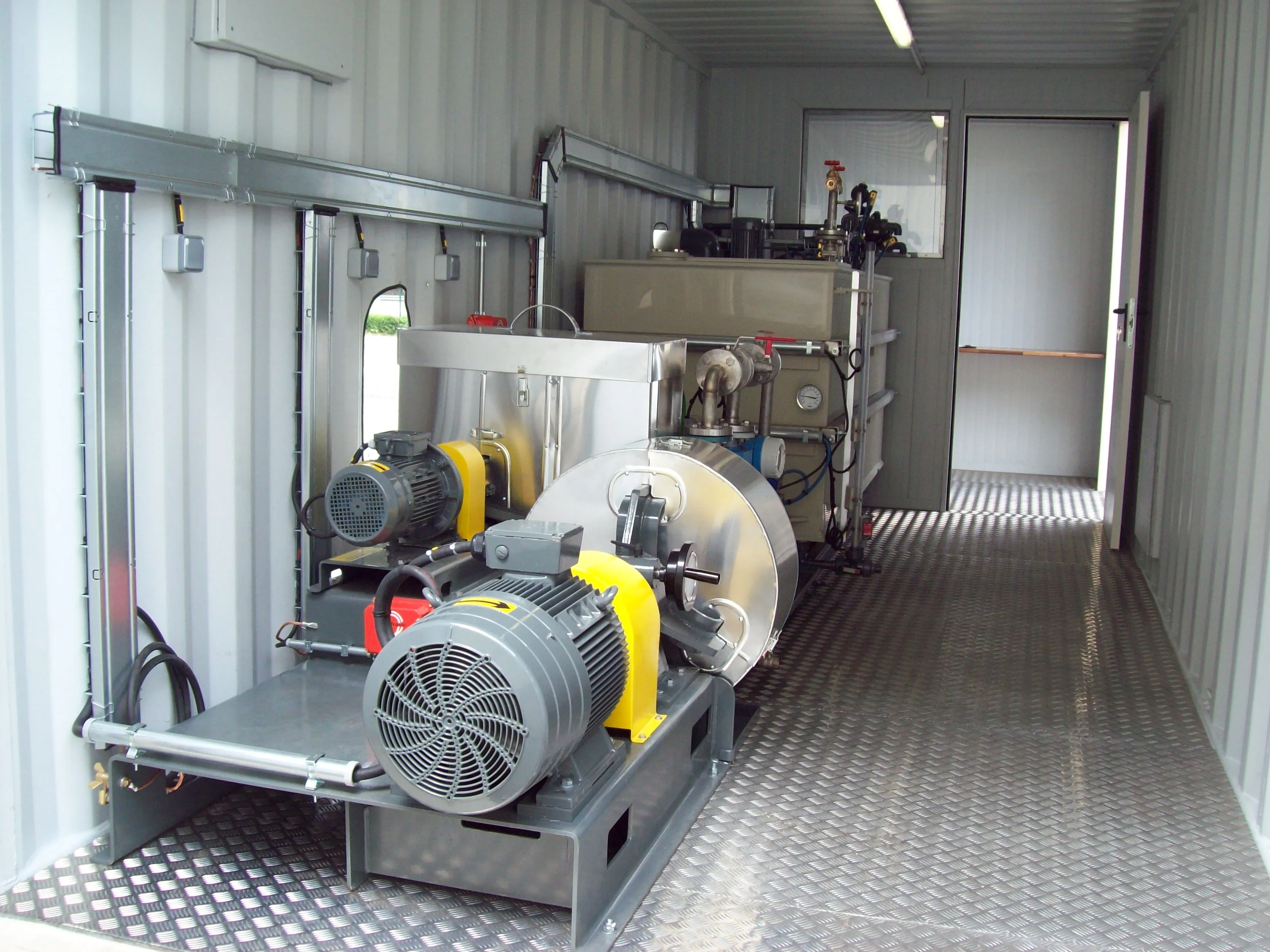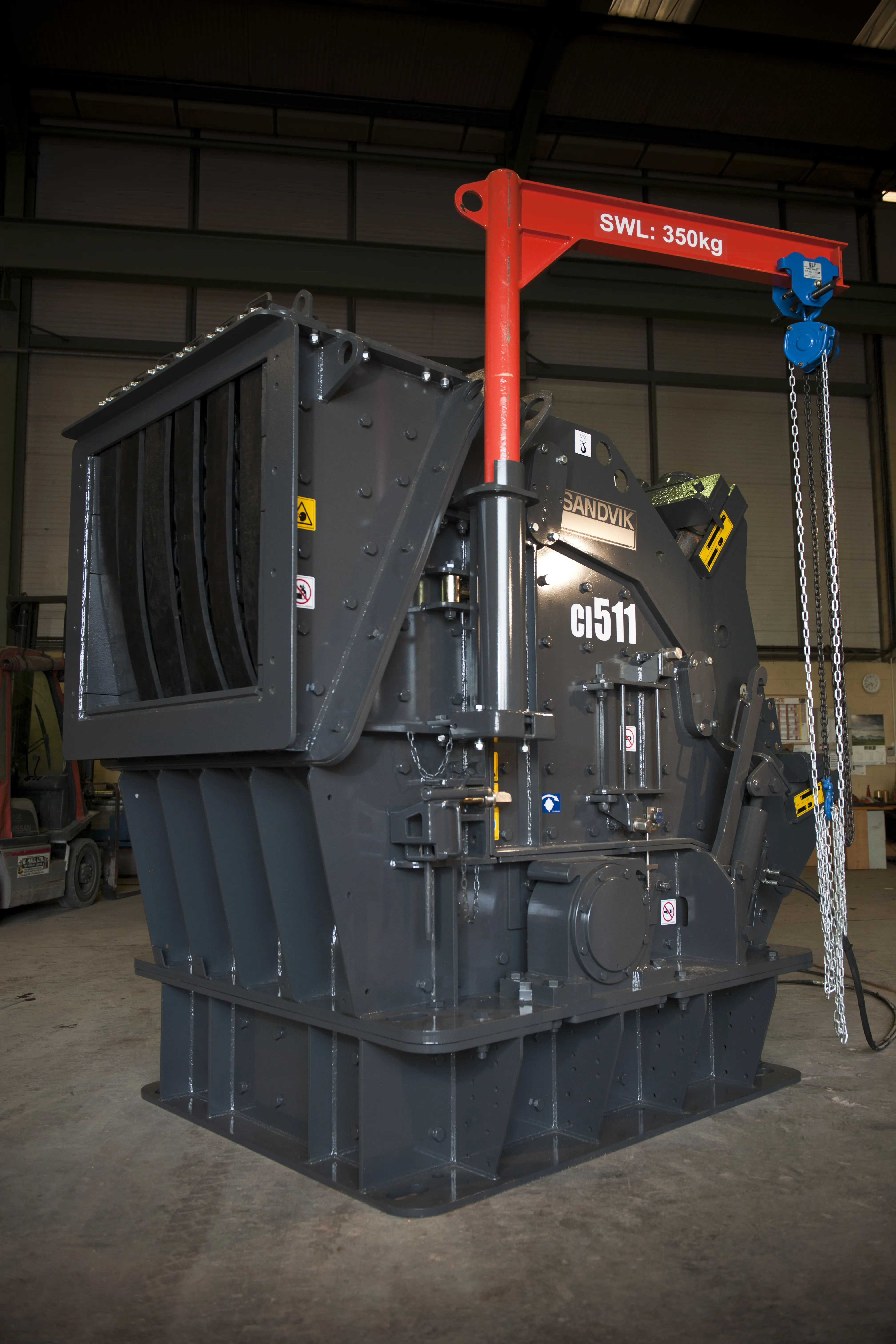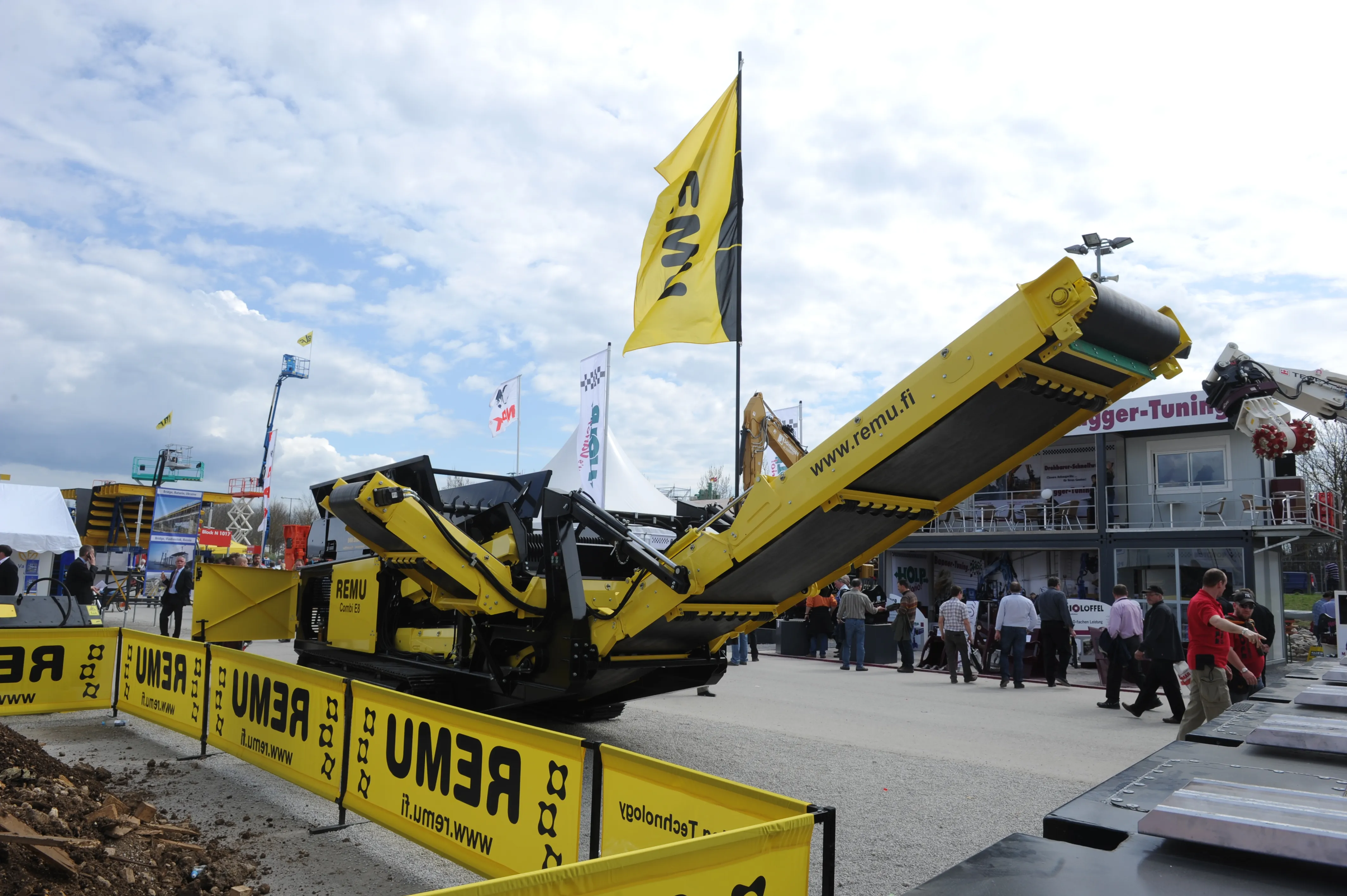From French firm FAYAT comes its new range of EP 10 emulsion plants equipped with the proven, low noise Bitumill emulsifier system. According to the firm, the plant is highly versatile and can be adapted to meet the needs of low or medium output installations. The equipment is mounted inside a standard 12.2m container making it easier to transport while the system has an ergonomic layout that is said to make it easy to use. An innovative closed-circuit hot water production system is said to reduce energy co
January 6, 2017
Read time: 2 mins

From French firm 217 Fayat comes its new range of EP 10 emulsion plants equipped with the proven, low noise Bitumill emulsifier system. According to the firm, the plant is highly versatile and can be adapted to meet the needs of low or medium output installations. The equipment is mounted inside a standard 12.2m container making it easier to transport while the system has an ergonomic layout that is said to make it easy to use. An innovative closed-circuit hot water production system is said to reduce energy consumption and the plant can produce bitumen emulsion at an output of 10tonnes/hour. The production temperature of bitumen emulsions is conventionally around 90-100°C, around 20°C higher than the usual temperatures of use and this extra energy is normally lost. However, the EP 10 emulsion plant has a novel heat exchange system between the bitumen emulsion and water used for preparing the soap. The water contained in a specific tank is initially heated using an electrical heating element to allow the first emulsion production of the day. During subsequent production, this water, which circulates in a closed circuit through a heat exchanger, gradually heats up as the emulsion is being produced. As a result, any additional energy intake is pointless. The core component of this system is a high-performance heat exchanger, combined with a thermostat and sized so that it can constantly monitor the water temperature to avoid any excessive heating. Meanwhile the electrical heating system further contributes to energy savings and versatility, all the while eliminating the risks of pollution associated with possible thermal oil leaks.
Stand: F10.1008/1
%$Linker:








